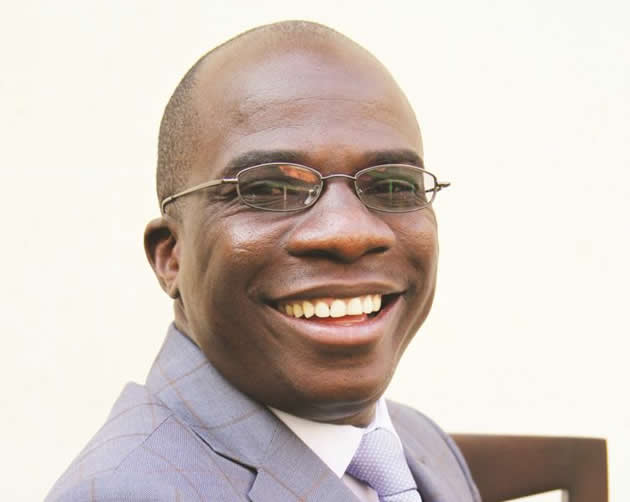African anti-gay stance torches storm

Zvamaida Murwira Senior Reporter
The African, Caribbean and Pacific Parliament says it will discourage African Heads of State and Government from attending the Euro-Africa Summit scheduled for May should Western nations impose sanctions on Uganda and Nigeria over anti-gay laws.
The ACP-EU joint parliamentary assembly is currently under way in France where it is set to debate a motion on the suspension of Uganda and Nigeria from Cotonou Partnership Agreement after the EU parliament passed a resolution to impose travel bans on the leaders of the two countries.
The EU wants to invoke Article 96 that would effectively impose sanctions on Uganda and Nigeria.
In addition to the travel and visa ban, it was also suggested that there should be a review of EU’s “development aid strategy with Uganda and Nigeria, with a view to redirecting aid to civil society and other organisations rather than suspending it”, according to the EU parliamentary statement.
Zimbabwe’s representative to the ACP-EU, Cde Makhosini Hlongwane said ACP countries had since resolved to oppose the motion.
“ACP parliament drafted a statement to debate against the decision and is unanimous in rejecting such a motion,” said Cde Hlongwane, who is co-president of the Standing Committee on Political Affairs of the ACP Parliamentary Assembly.
“We now see a dangerous Europeanisation of our value system and our culture, tied to development aid.
“If we do not take steps to stop further incursions into our cultural territory, we are doomed as a people.”
Cde Hlongwane, who is also Mberengwa East Member of the National Assembly, said Zimbabwe received a rousing support from ACP countries who spoke with one voice in rejecting the EU motion.
ACP, he said, might consider discouraging AU heads of State against attending the Euro-Africa summit set for May in France in protest against the attitude by the West.
The Brussels-based European Parliament has backed a resolution imposing travel and visa bans against “key individuals responsible for drafting and adopting” the anti-homosexuality laws in Nigeria and Uganda.
During its sitting on March 13, the members unanimously criticised the laws passed in both countries and said they were a “grave menace” to human rights.
The members approved the non-binding resolution by a large majority which said the two countries violated the Cotonou accord on human rights, democratic principles and the rule of law.
Uganda’s Parliament, in a unanimous vote, passed the Anti-Homosexuality Bill on December 20 2013, and on February 24, president Yoweri Museveni signed it into law.
The anti-gay law calls for “repeat homosexuals” to be jailed for life, outlaws any promotion of homosexuality and requires people to report homosexuals.
In Nigeria, president Goodluck Jonathan signed the anti-gay law in January though it had been passed in November 2013.








Comments